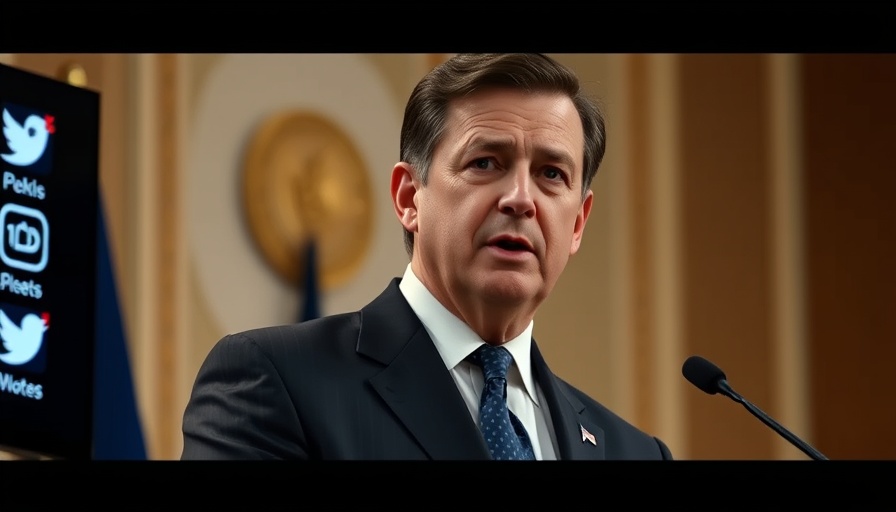
The Implications of SARS Digital Platform Upgrades for Taxpayers
On June 27, 2025, the South African Revenue Service (SARS) is undertaking a significant upgrade to its digital platforms. These improvements are pivotal not only for the administrative efficiency of the tax agency but also for the daily lives of taxpayers and traders across the nation. With a commitment to providing services that are modern, secure, and user-friendly, the upgrades promise to bolster public trust and confidence, key elements in any democratic society.
Understanding the Upgrade Timeline and What to Expect
Scheduled from 18h00 to 22h00, the upgrade may result in intermittent service interruptions on essential platforms such as eFiling, Tax, and Customs. SARS has communicated this disruption ahead of time as a measure of transparency, recognizing the importance of reliable access to tax services for both individuals and businesses.
The Strategic Role of Technology in Government Accountability
In the face of growing digital demands, modernizing technology infrastructures is crucial for effective governance. Such advancements are not merely operational; they are a statement of intent regarding the accountability and reliability of government agencies. The investment in digital platforms resonates with global trends towards digitization in public services, enhancing transparency through better performance tracking and digital footprints, which can help prevent corruption and inefficiency.
Current Events and Broader Context of Technological Investments
The global landscape is evolving as governments adopt more sophisticated technologies to navigate the complexities of public administration. These upgrades at SARS should be viewed in light of similar initiatives worldwide aimed at improving fiscal systems and regulatory frameworks. More than just an IT necessity, these enhancements are part of a broader strategy to ensure government operations can withstand the pressure of future economic and health crises, such as the recent global COVID-19 pandemic. The SARS-CoV-2 virus demonstrated the vulnerabilities in health and economic systems, underscoring the need for robust governance frameworks that can respond swiftly to emergencies.
Lessons from Global Health Outcomes: The Importance of Well-Managed Information Systems
During the COVID-19 pandemic, nations realized the critical role that effective data management plays in public health. SARS, for instance, provides valuable lessons on epidemic management and communication strategies, reminding us of the importance of transparent operations in maintaining public trust. As health information systems become an integral part of governmental infrastructure, the potential for similar digital platform upgrades at SARS can enhance response times and the overall efficacy of public health strategies.
Future Predictions: The Path Ahead for SARS Digital Services
With these upgrades, SARS is not just enhancing its current capabilities; it is laying the groundwork for future innovations. Going forward, we can expect more integration of artificial intelligence and analytics in the way tax compliance is managed. As digital trends continue to evolve, the agency's adaptability will be tested, and its ability to respond will directly impact public sentiment regarding its operations.
Conclusion: The Call for Continued Vigilance and Participation
For professionals navigating the complexities of tax compliance, staying informed about these upgrades is essential. The efficiencies gained will not only make compliance easier but challenge stakeholders to engage more proactively in their interactions with SARS. As these changes roll out, it’s incumbent upon citizens to provide feedback—ensuring that the digital space evolves to meet their needs effectively.
With an eye on the future and an understanding of the present, now is the time for professionals and businesses to prepare for a smoother, more efficient relationship with the tax agency. Engage with SARS during these upgrades and advocate for transparency and user-friendliness in their operations.
 Add Row
Add Row  Add
Add 




Write A Comment